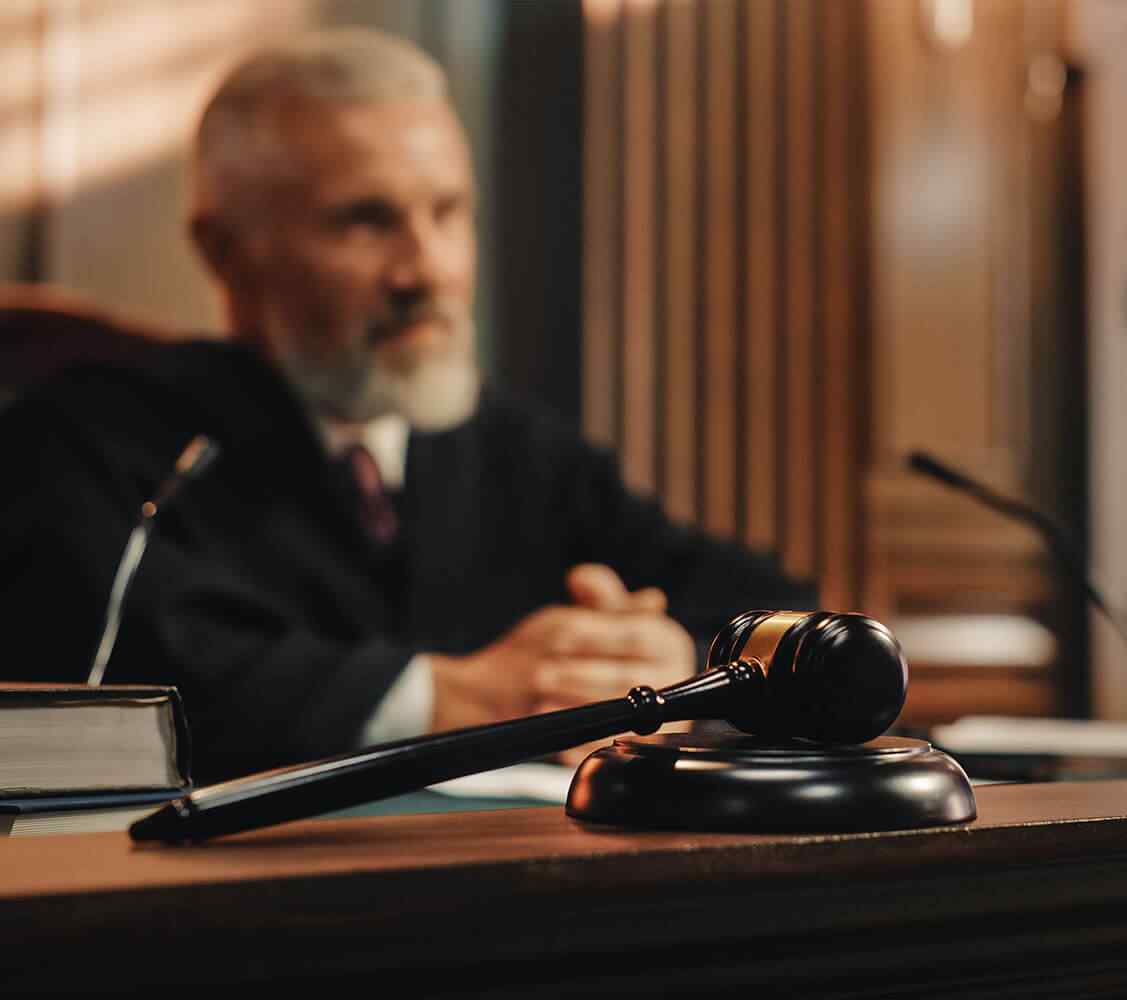Criminal Defense
After an arrest, you have the right to remain silent, the right to an attorney, and the right to a fair and speedy trial. You also have the right to be informed of the charges against you and to be protected from self-incrimination.
A criminal defense attorney is essential to protect your legal rights, provide expert legal guidance, and build a strong defense. They navigate complex legal procedures, negotiate plea deals, and work to minimize penalties, ensuring a fair and just legal process while advocating for your best interests.
Criminal defense case penalties differ based on charges. They typically involve fines, probation, jail or prison terms, restitution, and community service. Probation violations can lead to more penalties. A permanent criminal record may impact employment and housing. Skilled criminal defense attorneys can help minimize these consequences and tailor a defense strategy.
Deciding whether to plead guilty in a criminal case is a crucial decision that hinges on factors like the case details, evidence strength, legal rights, and potential consequences. Consulting a skilled criminal defense attorney is vital for understanding your options and making an informed decision.


Family Law
Child custody is determined based on the child’s best interests, considering factors like the parents’ ability to provide a stable environment and maintain a healthy relationship with the child.
Spousal support is determined based on factors such as the length of the marriage, each spouse’s financial situation, and the need for financial support.
Marital assets are typically divided equitably, but not always equally, taking into account factors like contributions, future earning potential, and specific state laws.
Legal options include obtaining a protective order, involving law enforcement, and seeking help from a family law attorney to navigate the legal process for protection and support.
Protective Orders
A protective order is a legal document issued by a court to prevent contact or specific behaviors that may pose a threat or harm to an individual, providing a legal safeguard against harassment or abuse.
To obtain a protective order, you typically need to file a petition with the court, outlining the reasons for seeking protection and providing evidence of the threat. Our attorneys can guide you through this process, offering legal support and representation.
The court considers factors such as the nature of the threat, evidence of past harm, and the overall safety and well-being of the petitioner. Our legal experts can help you understand these factors and build a strong case for the issuance of a protective order.
Violating a protective order is a serious offense with legal consequences. If someone breaches the terms of the order, they may face penalties such as fines, imprisonment, or other legal repercussions. Our attorneys can assist you in taking appropriate steps if a violation occurs.

